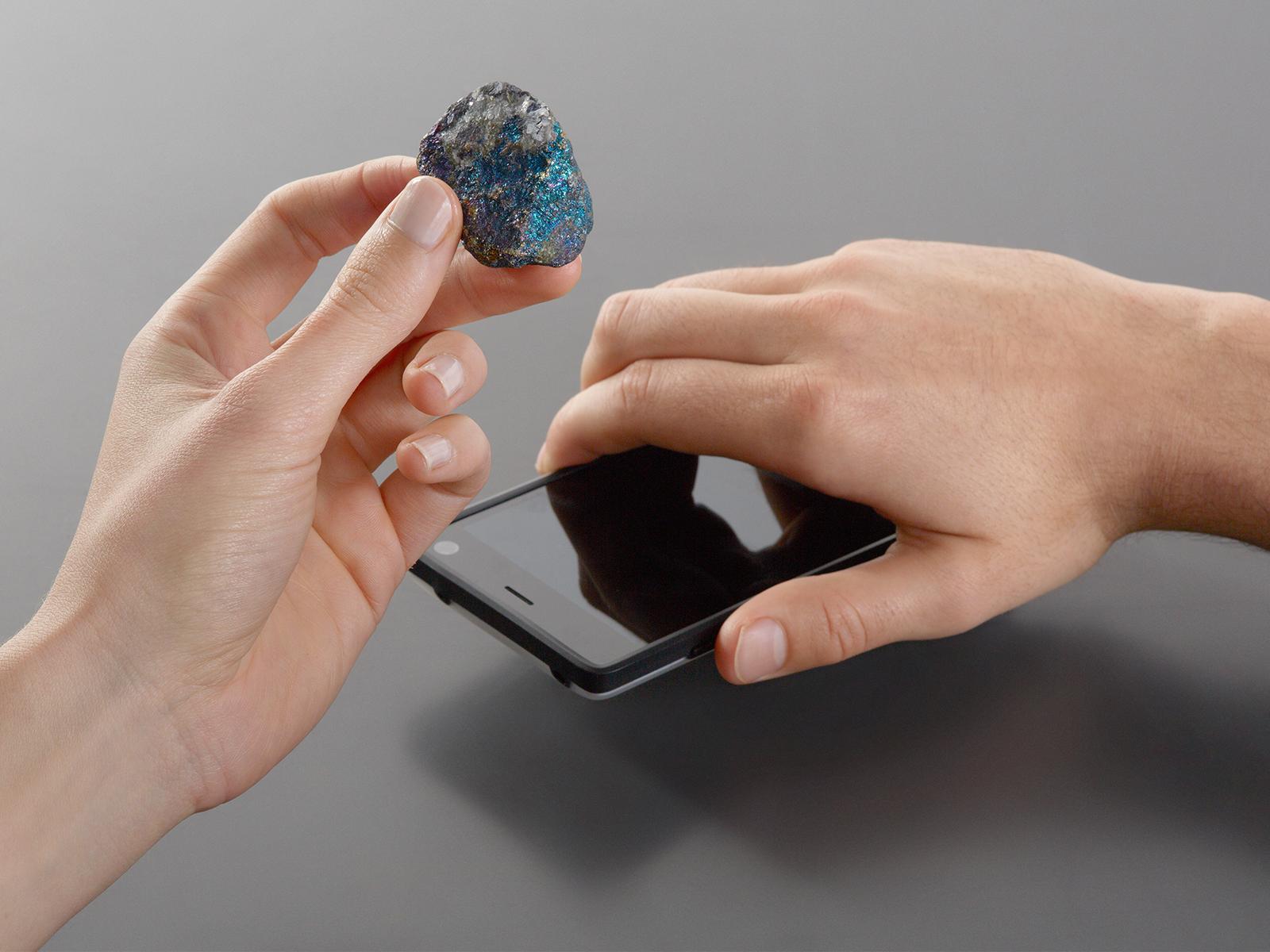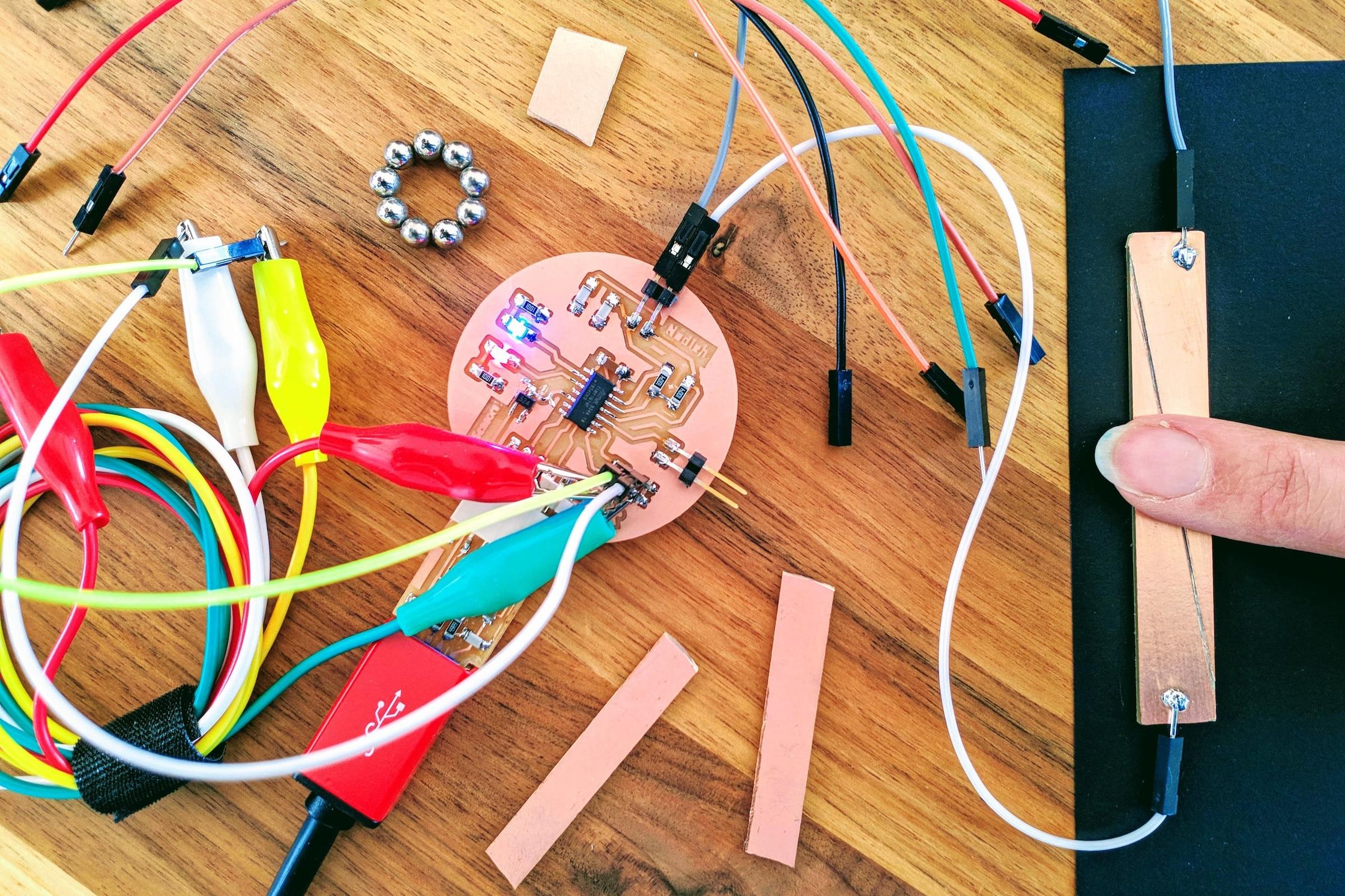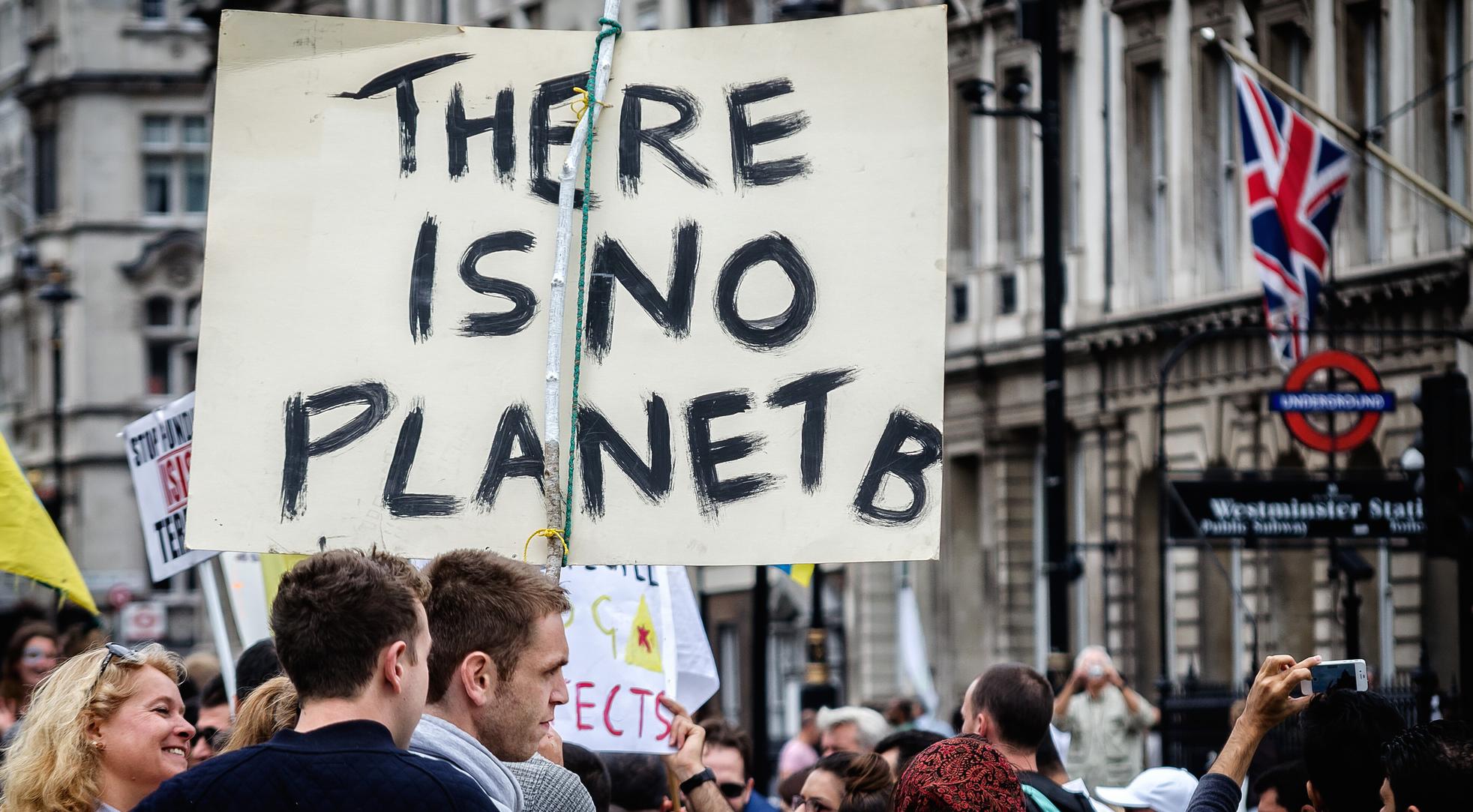Fairphone is now a well-known smartphone alternative: made from ethically sourced raw materials, the phone consists of individual parts that you can replace yourself. This way, the phone is sustainable and the production chain is fair to people and planet.
In 2010, Fairphone started as a research project in the Fablab at Waag, with as main question: what does a smartphone actually contain? Without satisfactory response from the regular market parties, Waag decided to expand her research and scale it up to a campaign for honest electronics and awareness of the consequences of current production methods.
"The most ethical and repairable phone you can buy."
- The Guardian, 2019
Towards a product
In 2012, Fairphone was selected to participate in the Social Innovation Incubation Program at Bethnal Green Ventures in London. A very exciting first step towards creating the first marketable version of the Fairphone. Waag's Fairphone team believed that, in order to have impact, it was necessary to become a player in the market. In other words, it wanted to start selling products. The incubation program in London helped in setting this up. And in 2013, Fairphone indeed started a company to make a fair mobile phone. In 2019 the company launched the Fairphone 3, described in The Guardian as: 'the most ethical and repairable phone available you can buy.'

What are Fairphone’s priorities?
Fairphone focuses not only on the graphic and technical design of fair telephones. It also works to increase the market demand for fair phones. It studies, illuminates and avoids situations that would hinder the fair use of fair phones, such as hazardous working conditions and low pay of mine workers in Congo or China. FairPhone approaches the goal of fair mobile telephones one step at a time. For this purpose, the Fairphone Foundation has been established.
Why fair mobile phones?
Consumers should at least be able to have the choice of purchasing a fair mobile phone, but at the moment that choice is not available. Nor are there fair versions of laptops or game consoles. The most common argument used by the consumer electronics industry as to why there are no certified fair electronic products is that the production chain is too complicated and insufficiently transparent. The industry claims that it cannot even monitor activities three steps back in its own chain, and has absolutely no insight into the route from mines in Africa to the processing facilities and production plants in Asia. Fairphone thinks that it is possible to gain that insight.
Where did Fairphone start?
Fairphone started at the very beginning at Waag and as an independent company is nowadays still working on improving it by investigating the production of raw materials for mobile electronics, such as telephones, and parts, such as rechargeable batteries. Mobile telephones contain more than 30 types of metal, including copper, cobalt, coltan, tin, gold, nickel and tungsten. Most of these raw materials come from Congo. In the province of Katanga alone, an estimated 150,000 people work in the mines, including 50,000 children and young people, some as young as seven. Fairphone wants to find another way to produce the necessary raw materials by finding fair mines or investing in their creation and by recycling the raw materials.


